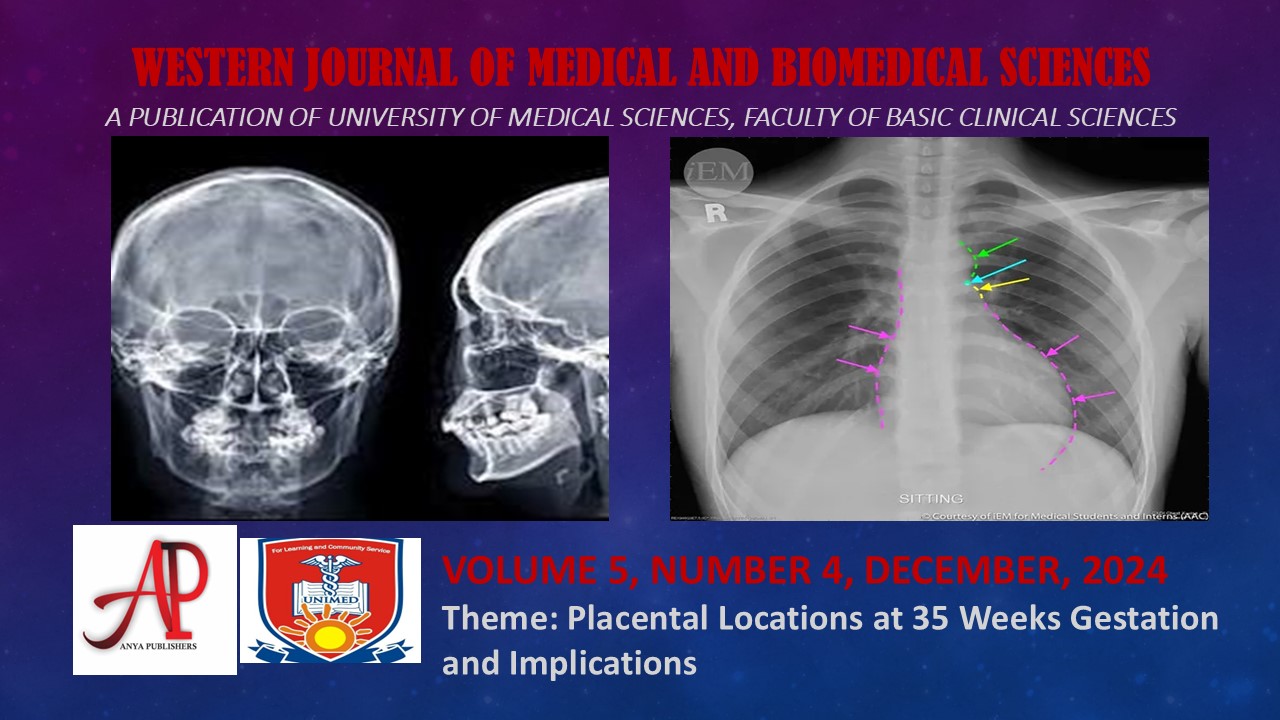Burden of Commercial Motorcycle Riders' Involvement in Road Traffic Accidents in Benue State and the Persona- Socio Counselling Implications
Keywords:
Benue State, Commercial Motorcycle Riders, Persona-Socio Counselling, Road Traffic AccidentsAbstract
The study aimed to determine the influence of socio-demographic characteristics on road traffic accidents (RTAs) among commercial motorcycle riders (CMRs) in Benue State, Nigeria. Study was prompted by the surge of CMRs' involvement in RTAs, attendant consequences and lack of accident prevention-target counselling. The study recruited 412 CMRs in six (6) Local Government Areas of the State and utilized a descriptive study design. Multistage sampling was done using the LGAs as clusters. A self-constructed and validated questionnaire was used for data collection and descriptive statistics, t-test and ANOVA were used for analysis. Findings from the study revealed motorcycle related RTAs prevalence as 75.2% and the commonest cause category of accidents was 37.1% due to individual human error. CMRs less than 30 years (p=0.000), male gender (p=0.020), single marital status (p=0.000), no formal and only primary education as the highest level of educational attainment (p=0.000), daily income of less than 7,000 Naira (p=0.000) and CMRs without alternative employment had significant influence (p=0.000) on RTAs. Family size (p=0.205) and gender (p=0.060) of the CMRs did not have significant influence on RTAs. None (0%) of the CMRs received formal counselling tailored towards road accident prevention. The study concluded that motorcycle related road traffic accidents prevalence in Benue State was 75.2% and individual human error was the commonest (37.1%) cause category. Age less than 30 years, males, singles, no formal or only primary education, daily income less than 7,000 Naira and those without an alternative employment were likely to be involved in RTAs. Persona-socio counselling of CMRs aimed at reducing the high prevalence of motorcycle-related RTAs is recommended.

